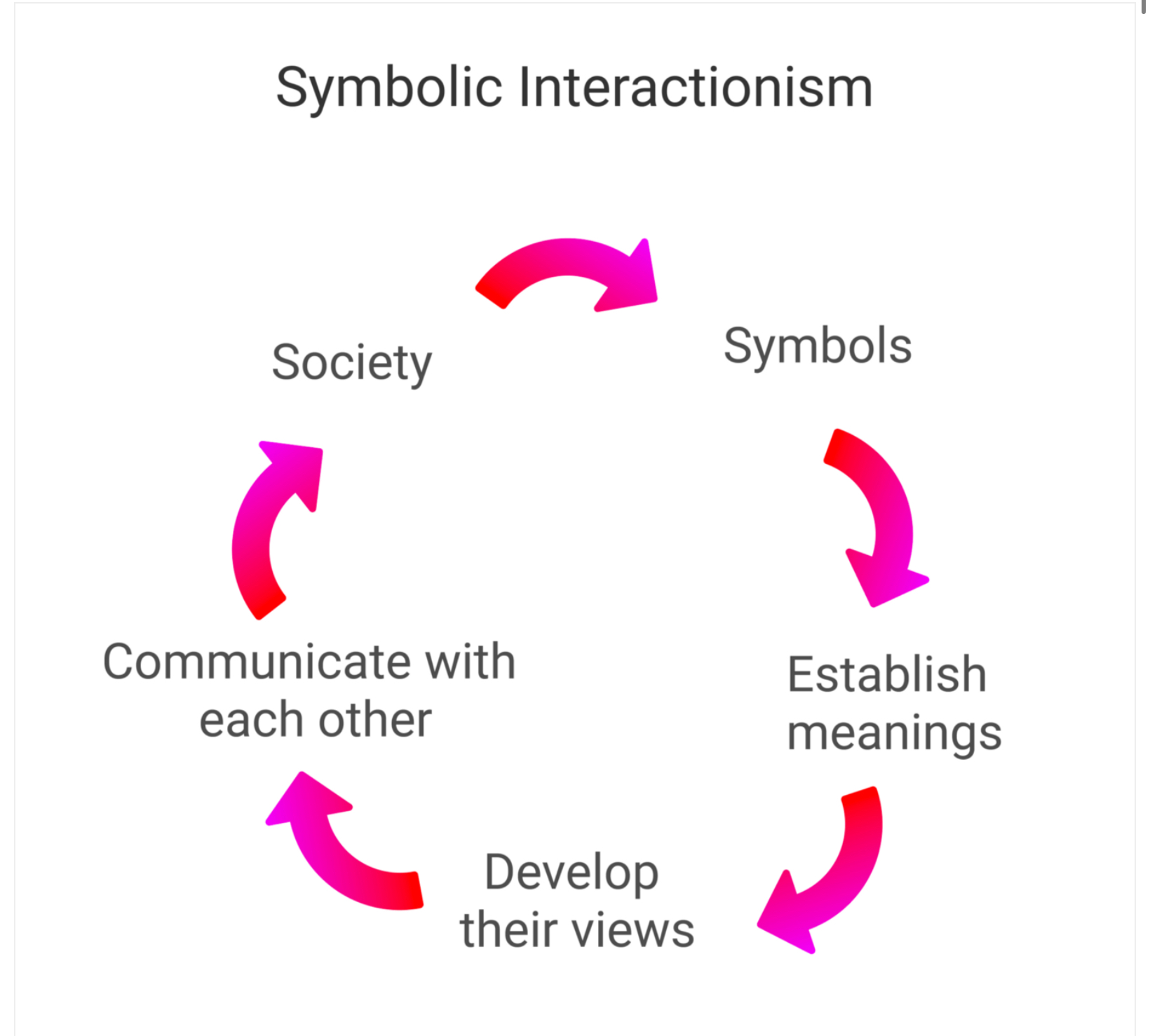Religion, Social Theory and Ideology
1/19
Earn XP
Description and Tags
Name | Mastery | Learn | Test | Matching | Spaced | Call with Kai |
|---|
No analytics yet
Send a link to your students to track their progress
20 Terms
Anomie
when social bonds collapse
mechanical bonds
bonds that persist due to social coercion
Organic bonds
Bonds that persist due to voluntary association
Totem
Elements of religion- animal or object that a group of people consider to be a symbol of their social group’s connection to the natural world or ancestors with spiritual or religious significance
Ritual
Elements of religion- a repetitive set of actions or words performed within a community to reinforce social bonds, express shared values, and mark significant events or transitions
Sacred and profane
Elements of religion- things set apart and revered are sacred, versus ordinary, everyday things are profane. Sacred - objects, practices Durkheim argued this is socially constructed to maintain social cohesion
Profane- ordinary mundane aspects of life that are not sacred
Taboos
Elements of religion- strong social prohibition or restriction against a specific behavior, action, or topic, often rooted in cultural beliefs or values where violation results in social consequences or disgust
Rites of passage
Elements of religion- ceremonies or rituals that mark a significant transition in a persons social status or life such as birth, puberty, marriage, or death
Ideology
a system of ideas, beliefs, and values that shape how individuals perceive and interact with the world, often influencing social structures, power dynamics, and collective consciousness
Commodity
an economic good, often a resource, that is subject to market exchange and has full or substantial fungibility
Fetishism of commodities
refers to the perception of economic relationships as inherent to commodities themselves, rather than the social relations of production and exchange that create them, obscuring the human labor involved
This fetishism masks the social relations of production, making it seem as if value is inherent in the commodities, rather than a result of human labor and social organization

Symbolic interactionism
a sociological perspective that focuses on how individuals create meaning through social interactions, emphasizing that symbols and language shape our understanding of the world and ourselves
Principles of social interactionism
Here are the four key principles of symbolic interactionism:
Humans act toward things based on the meanings they ascribe to those things:
People's actions are not simply responses to stimuli, but are based on the meanings they attach to objects, events, and other people.
These meanings arise out of social interaction:
Meanings are not inherent in things, but are created and negotiated through interactions with others.
These meanings are processed through an interpretive process:
People don't just passively receive meanings, but actively interpret and modify them based on their experiences.
Social action results from a fitting together of individual lines of action:
How humans act in the social world, putting up a front or social identity in order to project a certain image of themselves and create an impression for the benefit of others and ultimately themselves as actors on a stage
The eternal feminine
De Beauvoir rejects the idea that there's a fixed, inherent "femininity" or "eternal feminine" that defines all women. She famously stated, "One is not born, but rather becomes, a woman," emphasizing that femininity is a social construct, not a biological one.
The Myth of the Eternal Feminine:
De Beauvoir argues that the concept of "the eternal feminine" is a myth used by men to define and confine women within specific roles and behaviors. This myth, she argues, takes many forms, such as the sanctity of the mother, the purity of the virgin, and the fecundity of the earth and womb, all of which serve to deny women's individuality and trap them within unrealizable ideals
social constructs of self
posits that our sense of self, identity, and personality are not innate but are formed through interactions with others and shaped by social, cultural, and political contexts
Contradictory social roles
occur when a society or group holds multiple, conflicting expectations or norms regarding appropriate behavior, values, or beliefs
Gender Performance
refers to the idea that gender is not an inherent quality but a social construct actively performed and maintained through everyday interactions and behaviors, rather than simply "being" something
Ideological State Apparatus (ISA)
refers to institutions and systems that, unlike the Repressive State Apparatus (RSA), maintain power and social order through ideology and cultural influence rather than direct coercion or force
State legitimacy
the belief that a rule, institution, or leader has the right to govern. And provides the basis for rule by consent rather than coercion